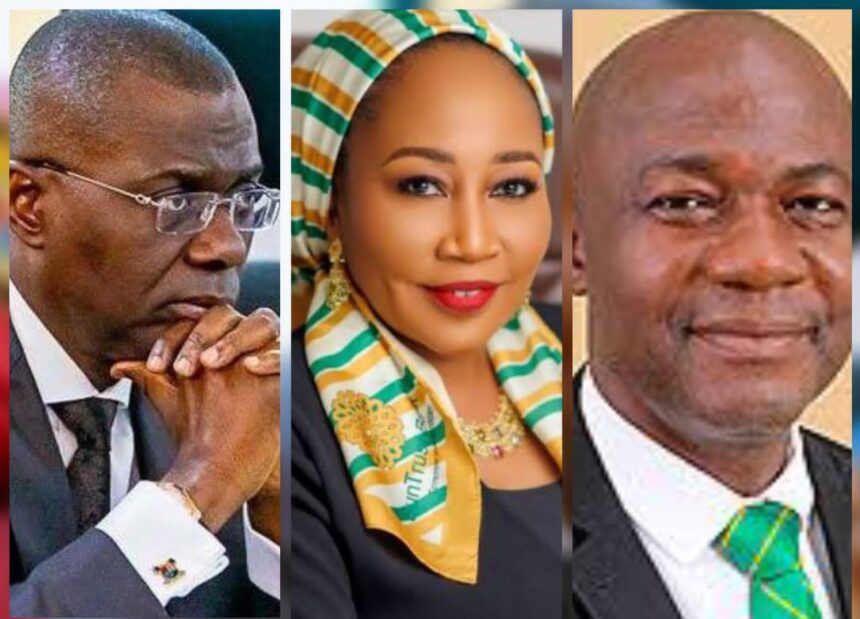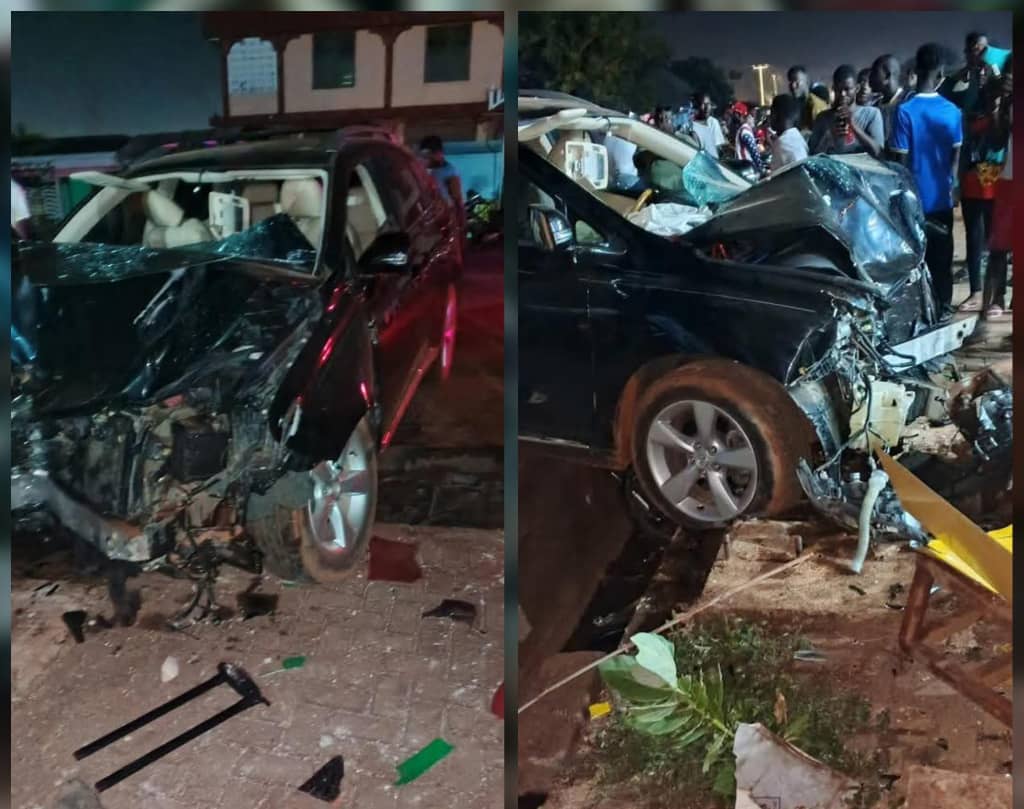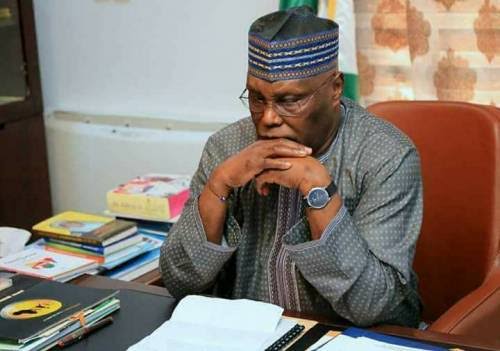Lagos State Governor, Babajide Sanwo-Olu, has been indirectly linked to a $12 million money laundering scandal involving SunTrust Bank Nigeria Limited, currently under investigation by the Economic and Financial Crimes Commission (EFCC). While Governor Sanwo-Olu has not been officially named as a suspect, fresh details emerging from the ongoing case suggest that a businesswoman with close ties to him may have played a key role in the suspicious transactions now at the center of the investigation.
The EFCC is prosecuting SunTrust Bank’s Managing Director and Chief Executive Officer, Halima Buba, along with the bank’s Executive Director and Chief Compliance Officer, Innocent Mbagwu, on a six-count charge bordering on money laundering. Both defendants were arraigned before Justice Emeka Nwite at the Federal High Court in Abuja and have pleaded not guilty.
Investigators have now turned their focus to Aisha Achimogu, a businesswoman said to maintain close personal and financial ties with Governor Sanwo-Olu. According to sources familiar with the investigation, Achimogu deposited a significant portion of the $12 million under scrutiny into SunTrust Bank accounts. Her transactions are believed to have triggered a series of large cash withdrawals that have since drawn regulatory attention.
Insiders allege that a substantial portion of the deposited funds was withdrawn in cash under circumstances considered suspicious by the EFCC. The commission is reportedly encountering resistance in its attempts to trace the full movement of the funds. Buba is accused of using her position at the bank to obstruct investigators by blocking or delaying access to critical financial records.
These revelations have introduced a new political dimension to the case. According to reports from sources within Lagos political circles, the unfolding scandal may be exacerbating tensions between Governor Sanwo-Olu and his political mentor. Although no official statements have been made by the governor’s office, concerns are growing about the potential impact of the scandal on his political standing, especially if the financial linkages are confirmed.
In its official charges, the EFCC alleges that on March 10, 2025, Buba and Mbagwu facilitated an illegal $3 million cash payment to Suleiman Muhammed Chiroma and his associates, without routing the funds through any financial institution. This action, the EFCC contends, violates multiple sections of the Money Laundering (Prevention and Prohibition) Act, 2022.
A second charge outlines another $3 million cash payment made on March 13, 2025, to Mukhtar Miko, an associate of Chiroma. The EFCC claims this transaction also bypassed formal banking channels, in further contravention of Nigerian anti-money laundering laws.
Lead EFCC counsel, Rotimi Oyedepo, SAN, told the court that the prosecution is prepared to begin trial and called for an accelerated hearing. In response, defence counsel J.J. Usman, SAN, requested bail for the two defendants, referencing a previously submitted application dated May 27, 2025.
Oyedepo objected, arguing that the bail request was procedurally flawed as it had been submitted before the defendants were formally arrested or brought before the court. Justice Nwite, however, granted bail to both Buba and Mbagwu under strict conditions.
Each defendant was granted bail in the amount of ₦100 million, with one surety required in a like sum. The sureties must own verifiable landed property within Abuja, provide international passports and two recent passport-sized photographs, and submit to verification by court officials. Until the bail terms are met, both defendants remain in custody.
The trial has been adjourned to July 17 and 18, 2025, when the EFCC is expected to present further evidence in support of its charges.
While Governor Sanwo-Olu has not been named as a suspect or formally charged, the emergence of alleged financial ties between him and a central figure in the case has raised the stakes. Political analysts warn that if proven, these connections could carry serious legal and political consequences for the governor.
The EFCC has not commented on whether it intends to extend its investigation to include any political figures. Nonetheless, the public attention surrounding the case continues to grow as Nigerians await further developments in what is shaping up to be a major financial and political scandal.





